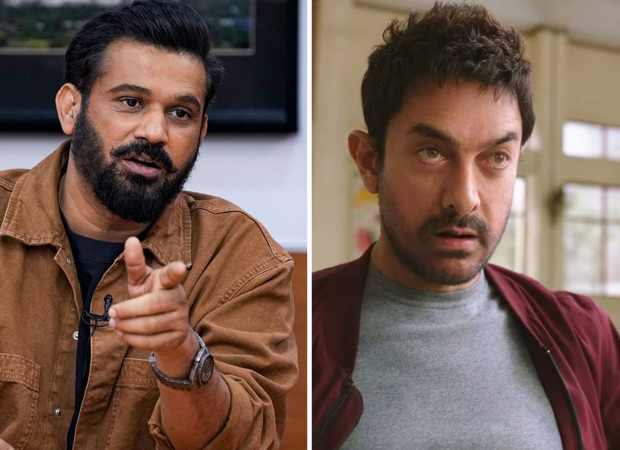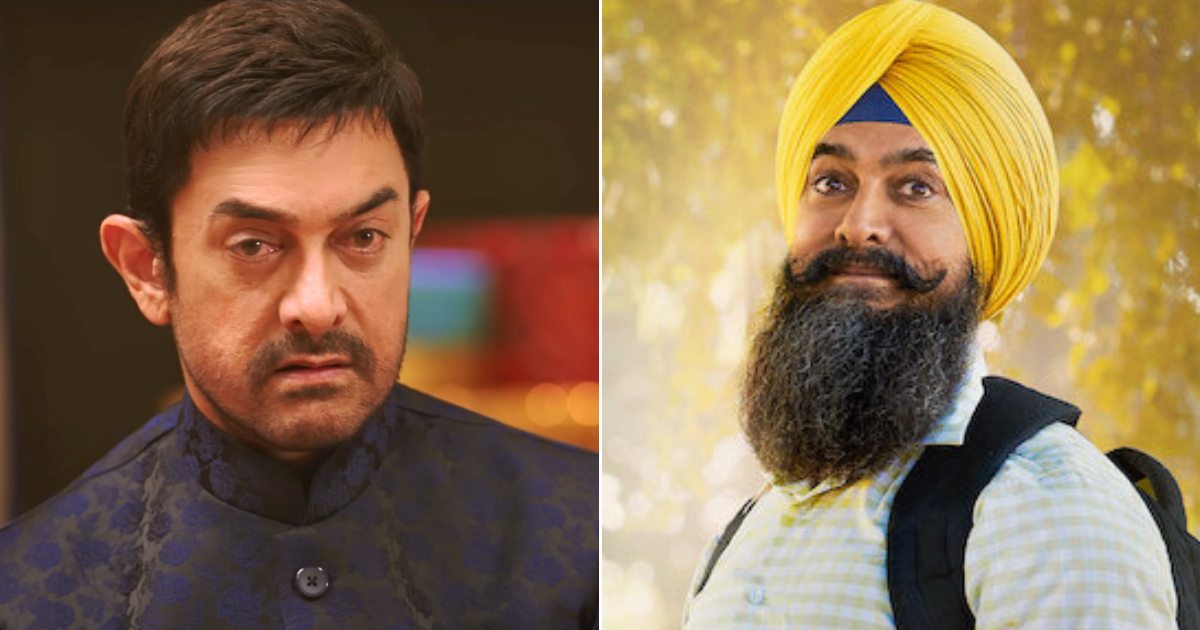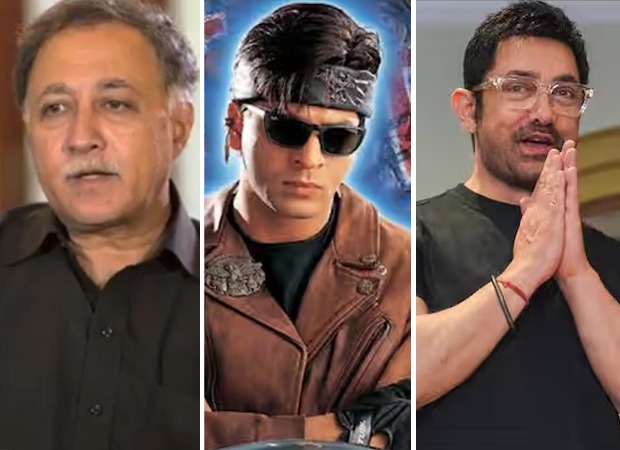Aamir Khan's 'Sitaare Zameen Par' Reception

Aamir Khan’s latest film, Sitaare Zameen Par, has garnered widespread acclaim, reigniting faith in the power of meaningful, heart-driven cinema. Actor and filmmaker Sohum Shah was among those who expressed profound admiration for Khan, highlighting his unwavering commitment to storytelling over sheer stardom. Shah lauded the film's triumph as a testament to the fact that stories with genuine heart truly resonate with audiences. In a heartfelt Instagram post, Shah praised Khan for prioritizing compelling narratives, stating, “Aamir Sir is one of the biggest superstars this country has ever seen, yet he chooses to lead with stories instead of just his stardom. The success of Sitaare Zameen Par gave me immense hope as a filmmaker — a reminder that stories with heart do matter. Thank you, Aamir Khan, for inspiring us to believe in meaningful cinema.” This sentiment echoes Aamir Khan’s long-standing philosophy of dedicating himself deeply to one project at a time, masterfully balancing commercial success with socially relevant themes that continue to inspire storytellers nationwide.
Sitaare Zameen Par has been widely celebrated by the film industry, audiences, and various organizations across India for its sensitive and impactful portrayal of people with intellectual and developmental disabilities. The film stands as a spiritual successor to Khan’s 2007 classic, Taare Zameen Par, which broke new ground in mainstream cinema by addressing dyslexia. Directed by R.S. Prasanna, Sitaare Zameen Par is an official remake of the 2018 Spanish film, Champions. It follows the journey of Gulshan, a suspended basketball coach, played by Aamir Khan, who is assigned community service. His task involves training a team of neurodivergent players for a competitive tournament. Genelia Deshmukh also stars in a pivotal role alongside ten talented neurodivergent actors. Released on June 20, 2025, the film has deeply resonated with viewers, sparking vital conversations about inclusivity, empathy, and the transformative power of sports in individual lives. Its emotional depth and refreshing narrative focus have earned praise from critics, audiences, and social organizations alike, marking it as a significant milestone in contemporary Hindi cinema. Boman Irani has also commended Aamir Khan for promoting such impactful films.
Beyond its critical reception, Sitaare Zameen Par has also made a notable mark in terms of audience perception, as evidenced by its IMDb ratings. At the time of writing, the film boasts an impressive user rating of 7.4/10. This stands in significant contrast to Aamir Khan’s previous theatrical release, Laal Singh Chaddha (a 2022 remake of Forrest Gump), which held a user rating of 5.6/10. While Laal Singh Chaddha had its admirers, Khan himself acknowledged that only about 25% of the audience truly connected with it. The strong performance of Sitaare Zameen Par on IMDb naturally leads to comparisons with Khan's highest-rated films. His top five include Rajkumar Hirani’s 3 Idiots (8.4), his own directorial Taare Zameen Par (8.3), Nitesh Tiwari’s Dangal (8.3), Rajkumar Hirani’s PK (8.1), and Ashutosh Gowariker’s Lagaan (8.1). The ongoing question remains whether Sitaare Zameen Par will eventually find a place among these highly revered works, solidifying its legacy further.
The film’s connection to Taare Zameen Par also brought a candid reaction from Darsheel Safary, who famously played Ishaan Awasthi in the 2007 film. Safary openly shared his initial feeling of FOMO (fear of missing out) about not being cast in Sitaare Zameen Par. However, he quickly demonstrated maturity and acceptance, reflecting on his role in the original film. Safary emphasized that Taare Zameen Par was never solely about him, stating, “I have always known that Taare Zameen Par is not about me… Main bas ek zariya tha (I was just a medium). All our characters in that film were mediums. It was never mine alone.” He further elaborated on his passion for cinema, asserting that a film is an emotion and a story shared collectively, teaching humanity and love. Safary concluded by expressing full support for Aamir Khan’s vision, acknowledging that casting decisions should always serve the film and its audience, and expressing gratitude for being part of the Taare Zameen Par legacy. This perspective reinforces the selfless, message-driven approach that defines films like Sitaare Zameen Par, making them more than just entertainment but powerful vehicles for social commentary and human connection.










